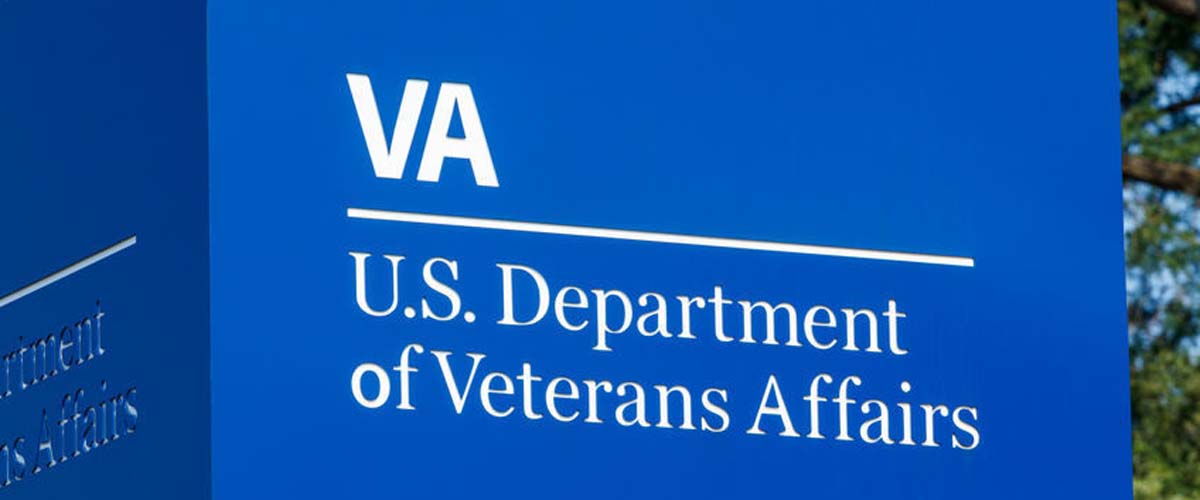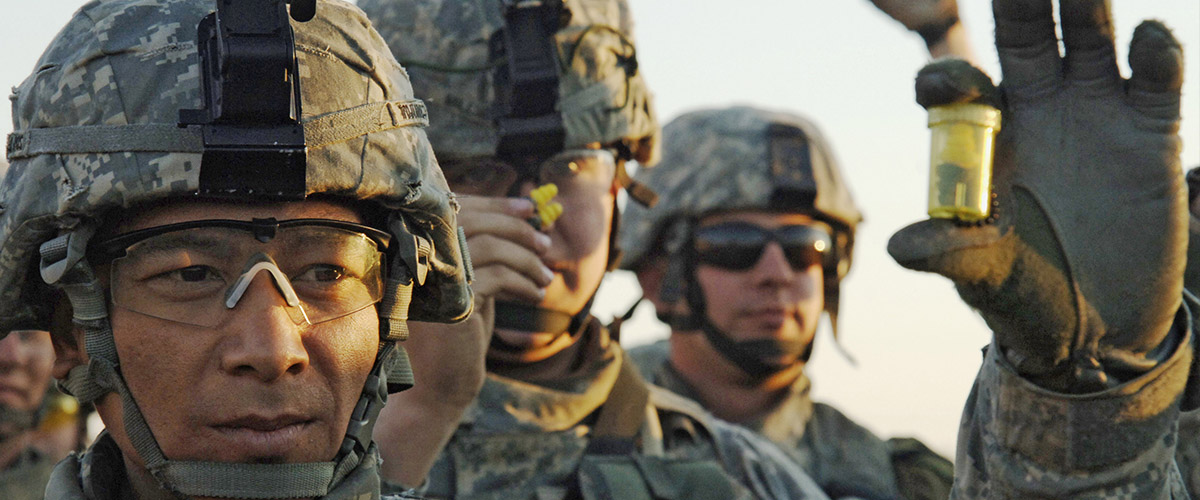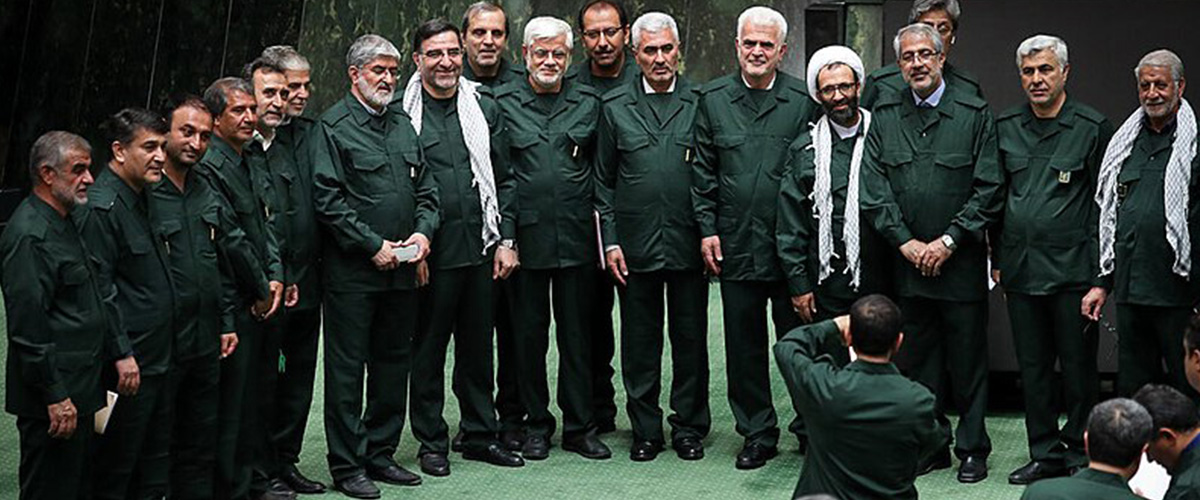
Appeals Court rules in favor of Veterans who received non-VA medical care
Veterans who were treated for the cost of their emergency care at non-VA hospitals may soon see reimbursement checks. An appeals court has ruled the Department of Veterans Affairs is responsible for the care Veterans receive outside of VA hospitals. The court also found the agency to be misrepresenting their responsibility to cover non-VA emergency care to veterans.
Wolfe v. Wilkie is the second time the VA has been overruled in its interpretation of its reimbursement policies. In 2015, the court ruled that a previous version of the VA’s regulation on emergency claims violated a 2010 federal law. With the 2015 ruling, according to the court, the VA was to become the secondary payer for expenses not covered by an individual’s primary private health insurance. However, the agency has not been doing that.
For years, the VA has actively and wrongfully denied veterans requests for payments toward their emergency care received outside of VA hospitals. In fact, the U.S. Court of Appeals for Veterans ruled that the agency has been actively misrepresenting the regulation that entitles Veterans to reimbursement.
Two out of three of the court’s judges said the agency was acting in direct violation of the 2010 law. Its regulation excluded “nearly every type of expense a veteran could have incurred if he or she had insurance covering the non-emergency VA medical service at issue” from reimbursement.
It’s possible that the court’s decision could cost the VA between $1.8 billion and $6.5 billion in reimbursement for claims filed between 2016 and 2025.
What was the VA’s reasoning for denying claims?
The VA denied reimbursement to Coast Guard Veteran Amanda Wolfe who was hospitalized with appendicitis in September 2016. She sought care at a civilian hospital because the nearest VA hospital was more than three hours away. Wolfe filed a claim for $2,558.54 of the $22,348.25 bill that was not covered by her employer-sponsored health insurance.
However, because of the VA’s interpretation of the law, Wolfe’s claim was denied.
The VA interpreted service-related conditions in the following ways:
- If a veteran sought treatment at a non-VA hospital for a service-related condition or was caused by a service-related condition, the VA would pay for emergency medical care
For conditions not considered service-related, the VA would pay for emergency medical care, but only under the following conditions:
- Care is provided in a hospital emergency department
- Medical care is being given to treat life or health-threatening conditions
- The required care must not be available at a VA
- The veteran must have received care at a VA facility within the past two years
A spokeswoman from the VA said the department is aware of the court’s decision and reviewing it. However, the appeal’s court decision revealed that the VA has been putting the number of claims processed over the accuracy of these claims. In fact, the VA’s Office of Inspector General released a report in August that found the VA improperly processed 31 percent of claims filed by Vets for non-VA services. The number of incorrect claims denied April 1 through Sept. 30, 2017, is estimated at $53.3 million. This has created an undue financial risk for roughly 17,400 veterans.
We are Veterans Helping Veterans
The Department of Veteran’s Affairs is legally responsible for helping Veterans deal with medical bills whether or not they receive that care at VA hospitals. If you were denied a claim, it’s important that you understand you may be eligible for reimbursement. If you are in need of assistance, contact the VLAP and let us know how we can help.
We’ve got your six.



